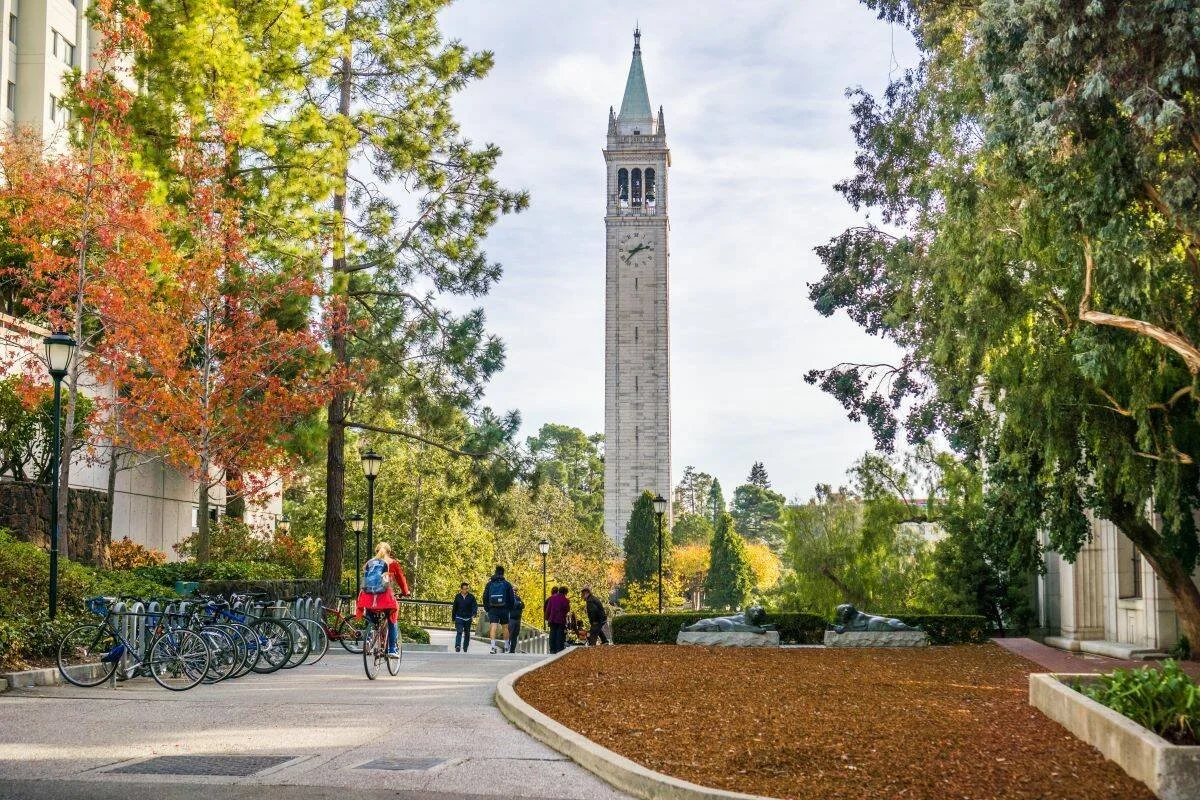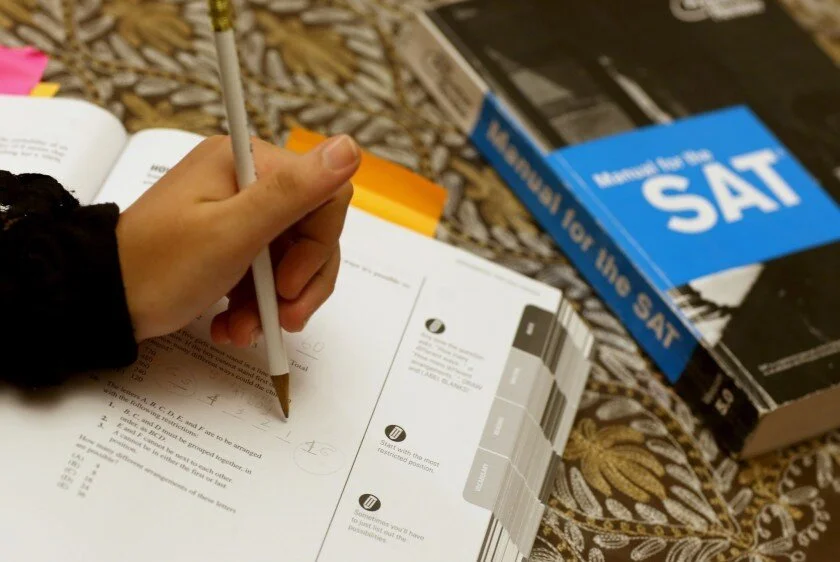College-educated workers struggle to reach the middle class more so than previous generations, impacting politics and labor activism. A New York Times article by Noam Scheiber discusses associated consequences for unionization, featuring research from Jesse Rothstein that finds that job prospects for the college-educated had not recovered ten years after the Great Recession. Read more here.
Jesse Rothstein on Why Cal is America's Top College
Jesse Rothstein recently authored an opinion piece in the SF Examiner based on Forbes’ latest college rankings, in which UC Berkeley did much better than usual. According to Rothstein, “public colleges and universities are our key economic engine for upward mobility” because they make higher education much more accessible to low-income students. Read more here.
Jesse Rothstein on why people are dropping unemployment benefits before they run out
Jesse Rothstein recently appeared on NPR’s Marketplace podcast explaining why a large number of people with pandemic unemployment benefits were choosing to take up employment before their benefits ran out.
Jesse Rothstein: Graduates Starting Their Careers in a Recession will Face Long-Term Economic Scarring
Jesse Rothstein’s research on the long-term economic scarring of the Great Recession was cited in a Washington Post column by Catherine Rampell. Rampell argues that, without significant new economic stimulus to mitigate the effects of the recession, today’s college grads will face long-term negative impacts on earnings, health, and a range of other outcomes.
Check out the Op-Ed here.
Read more of Rothstein’s research on economic scarring here.
Jesse Rothstein: On the SAT and ACT Admissions Requirement
O-Lab’s Jesse Rothstein, along with Michael Kurlaender (UC Davis) and Sarah Reber (UCLA), urged the UC Regents to reconsider the SAT and ACT as a heavily weighted component of admission for students. Decades of research have shown that SAT and ACT test results are strongly influenced by a student’s race, income, and parent education levels. Rothstein argues that the Board should instead use a state assessment for K-12 students known as Smarter Balanced (already in use in California and several other states) because it has less bias against disadvantaged students.
Read the LA Times article here.
Jesse Rothstein: Paid Sick Leave During COVID-19
Jesse Rothstein and Jared Bernstein contributed an opinion piece to the Washington Post calling for the government to guarantee wages for workers without the protection of paid sick leave.
Read the full article on: Washington Post







